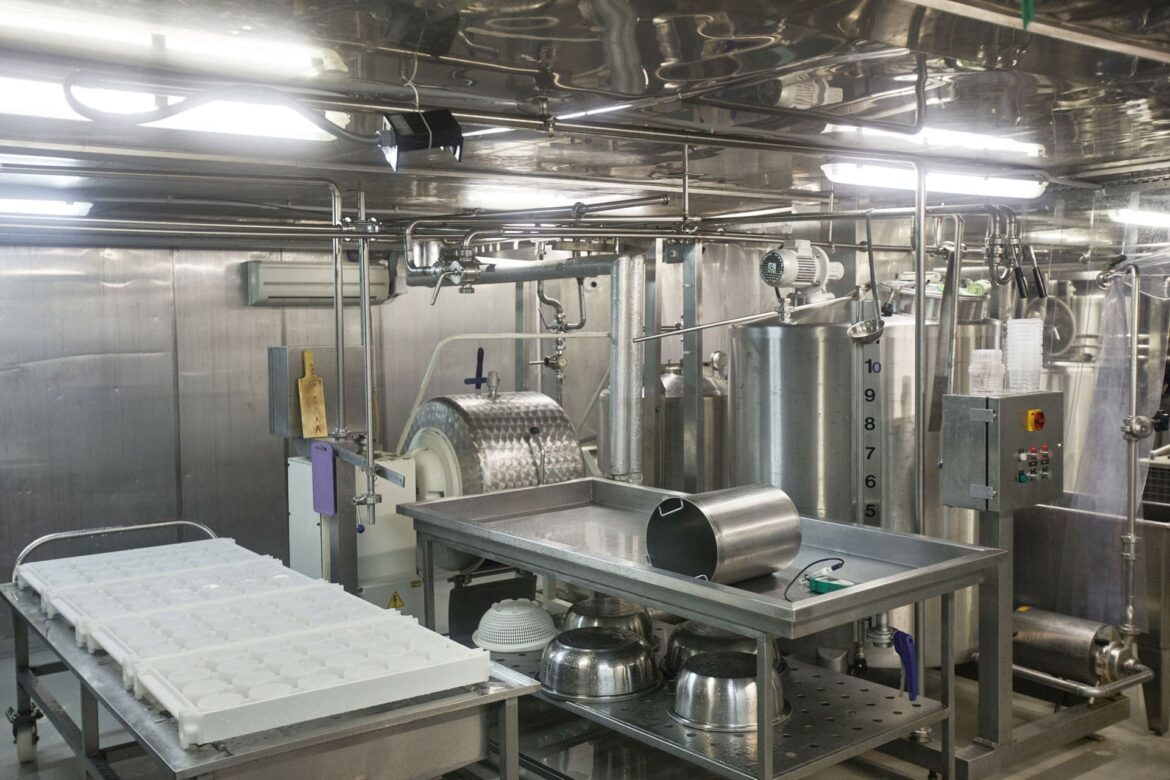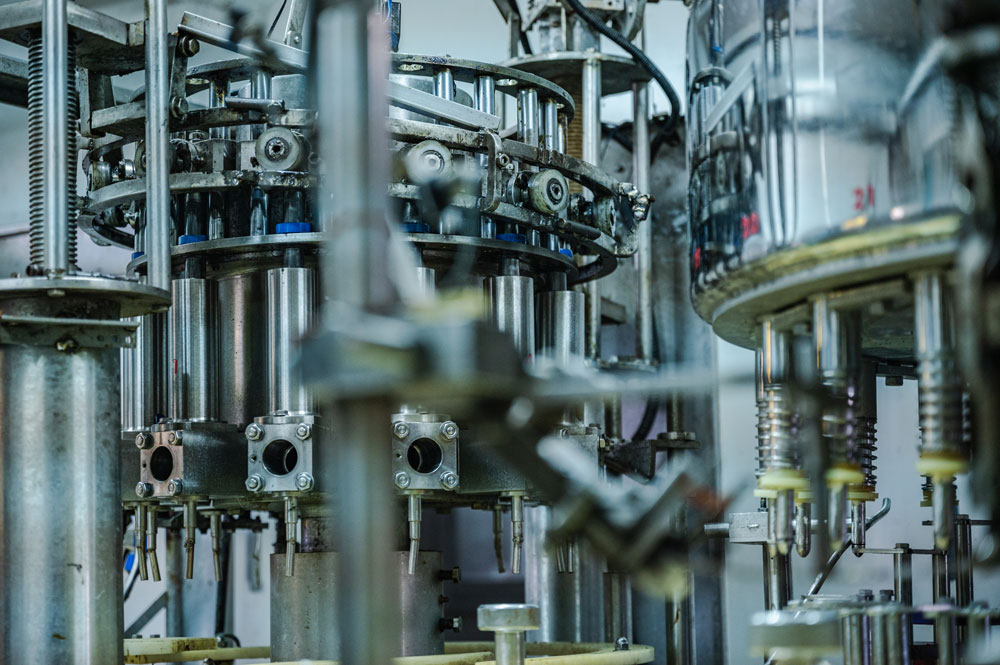
Case Study: Effective HBA Control in a Durban Food Processing Facility
Context
Durban’s food manufacturing sector is a vital contributor to KwaZulu-Natal’s economy, producing goods for both domestic and export markets. These facilities operate under strict hygiene and safety regulations, as contamination can impact not only worker health but also product quality, brand reputation, and market access.
One large food processing facility in Durban — producing packaged goods for distribution across South Africa and abroad — faced a sudden disruption when routine internal checks suggested the possible presence of mould contamination in one of its production areas. Given the perishable nature of the products and the strict microbiological standards in place, the business required an immediate, accredited response to identify, quantify, and eliminate the hazard.
The Challenge
- Potential HBA presence: Initial visual inspection revealed discolouration on walls and storage areas, raising suspicion of fungal growth.
- Compliance risk: South African Regulations for Hazardous Biological Agents require prompt investigation and mitigation of any biological hazard in the workplace.
- Operational urgency: The affected production area was critical to meeting customer orders. Extended downtime would mean financial loss and supply chain disruption.
- Reputational impact: As a supplier to major retailers, the facility’s quality credentials and export potential were at stake.
The facility needed expert HBA monitoring and evidence-based remediation advice — fast.
Apex Durban’s Approach
Apex Durban deployed a rapid-response occupational hygiene team, combining local expertise with SANAS-accredited processes to manage the investigation from start to finish.
- Initial Site Assessment
- Inspected all suspected areas, including production lines, cold storage rooms, and air handling units.
- Identified visible signs of mould growth and mapped environmental conditions that could support microbial proliferation (e.g., humidity, ventilation).
- Comprehensive Sampling
We used internationally recognised sampling methods to ensure accurate, defensible results:
- Air sampling – collected airborne spores using volumetric samplers in both affected and unaffected zones.
- Surface sampling – swabbed walls, machinery surfaces, and conveyor belts.
- Moisture mapping – measured relative humidity and surface moisture in walls and flooring.
- Laboratory Analysis
All samples were analysed in an accredited microbiology laboratory:
- Confirmed presence of Aspergillus and Penicillium species — common but potentially harmful workplace moulds.
- Determined colony-forming units (CFU) per cubic metre, comparing results against occupational exposure benchmarks.
- Risk Interpretation
Apex Durban provided a plain-language report explaining:
- The type and concentration of identified mould species.
- Potential health effects for employees.
- Cross-contamination risk to products.
- Legal obligations under the Regulations for Hazardous Biological Agents and the Foodstuffs, Cosmetics and Disinfectants Act.
- Remediation Guidance
We outlined a targeted remediation plan that included:
- Deep cleaning of affected surfaces using approved disinfectants.
- Temporary closure of the impacted line for decontamination.
- HVAC filter replacement and system sanitisation.
- Short-term humidity control using portable dehumidifiers.
The Results
Within seven days, the facility achieved:
- Complete clearance of HBA presence in the affected production area.
- Independent verification from post-remediation sampling confirming compliance with occupational exposure limits.
- Safe resumption of full production, preventing further disruption to customer deliveries.
- Enhanced monitoring protocol introduced for early detection of future issues.
Client Feedback
“Apex Durban’s team was thorough, professional, and extremely responsive. Their clear communication helped us act decisively, and we were able to return to safe production much sooner than expected.” (paraphrased for confidentiality)





